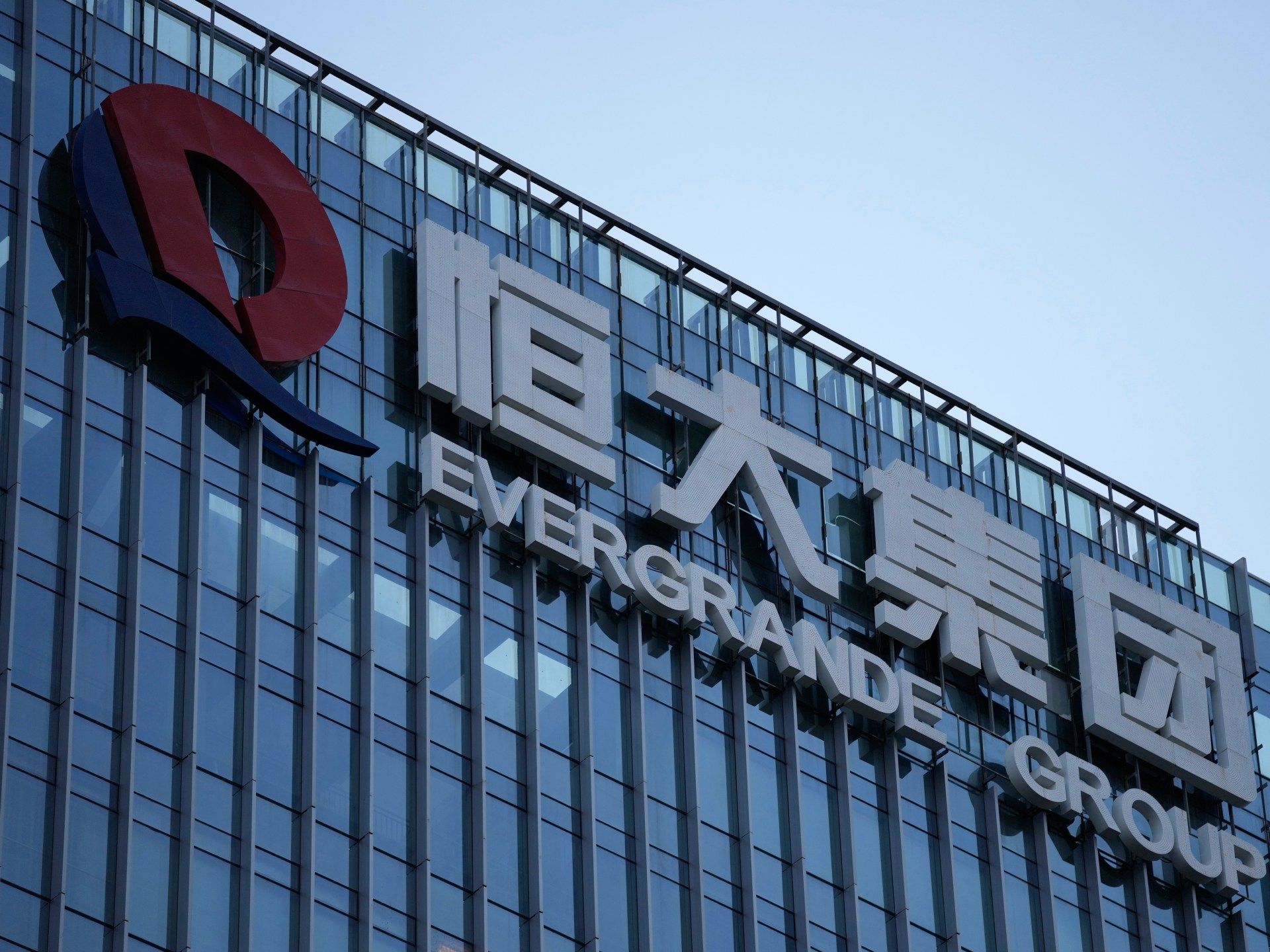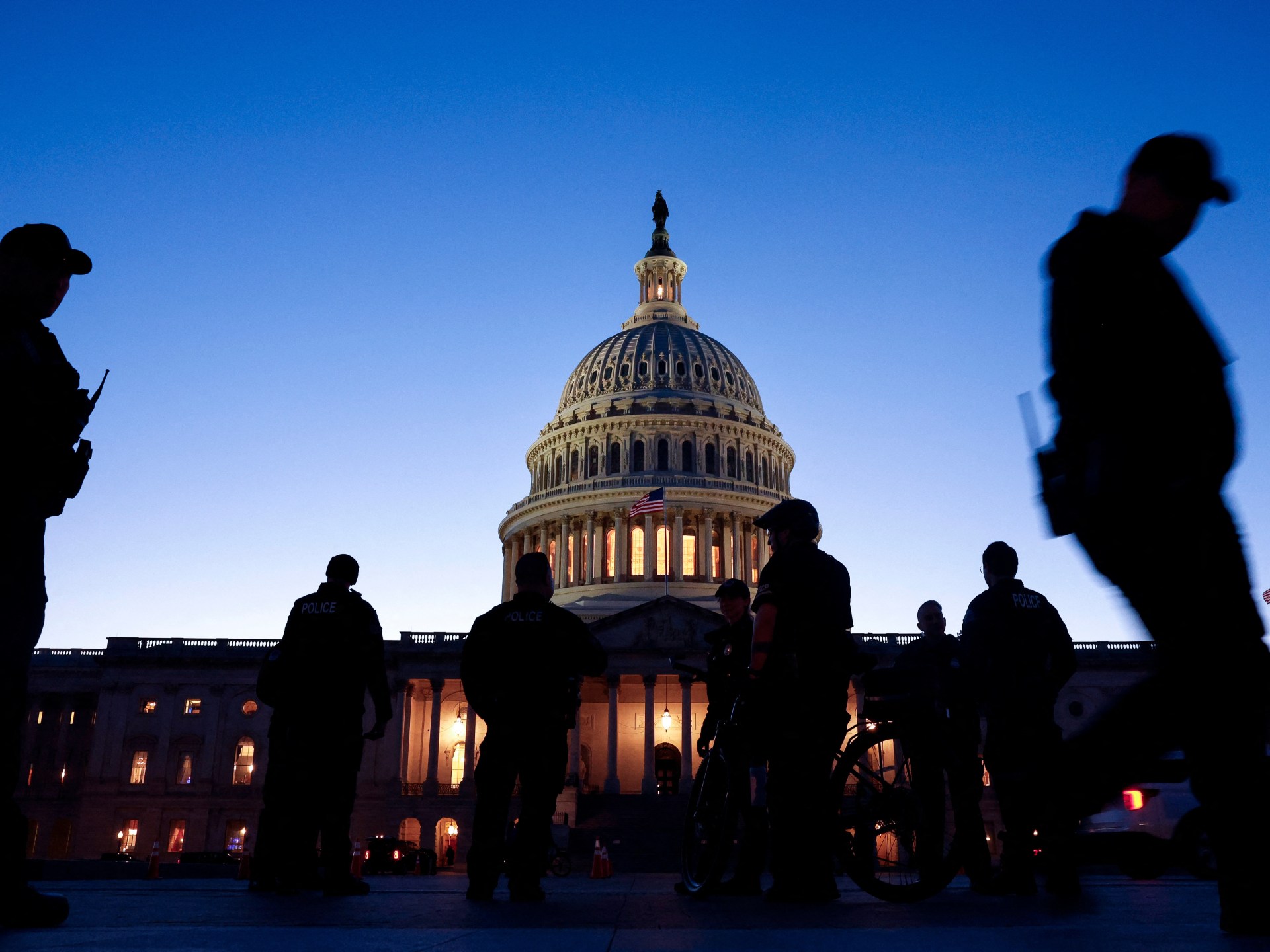A Hong Kong court orders the promoter into liquidation after finding that the company has no viable restructuring plan.
Troubled Chinese property giant Evergrande Group has been ordered into liquidation, a move that is likely to deal a further blow to confidence in the world's second-largest economy.
A Hong Kong court handed down the ruling on Monday after the company failed to convince a judge that it had a viable plan to restructure some $300 billion in debt.
“It would be a situation where the court would say enough is enough,” Judge Linda Chan said.
“I consider that it is appropriate for the court to issue a liquidation order against the company, and I order it so.”
The ruling follows 18 months of legal wrangling after creditor Top Shine filed a petition in 2022 to liquidate the promoter in a bid to recoup its losses.
Evergrande, the world's most indebted developer, had been granted a brief reprieve in December after arguing that it was seeking to refine its restructuring plan.
Evergrande's default to international investors in 2021 sent shockwaves through China's real estate sector, which accounts for about 15 to 30 percent of the economy.
More than 50 Chinese property developers have defaulted or failed to make payments over the past three years, according to credit rating agency Standard and Poor's.
Evergrande's Hong Kong-listed shares plunged more than 20 percent following the ruling, before the city's stock exchange halted trading.
The move is the latest in a series of warning signs for China's $18 trillion economy, which faces challenges ranging from a crackdown on private industry, a declining population and an exodus of foreign capital.
China's official GDP growth of 5.2 percent last year was the worst performance in decades, excluding the COVID-19 pandemic.
After Monday's ruling in Hong Kong, the fate of Evergrande's assets is uncertain.
While China recently signed a mutual recognition agreement on insolvency and restructuring with the semi-autonomous country of Hong Kong, it is unclear whether mainland courts would sanction liquidators who seize developers' assets in the country.
Hong Kong's common law system, adopted during the British colonial era, is distinct from courts controlled by China's Communist Party.
Mainland Chinese courts have occasionally recognized bankruptcy decisions in Hong Kong, including a 2022 ruling in Shenzhen related to the reorganization of a paper manufacturing company.












